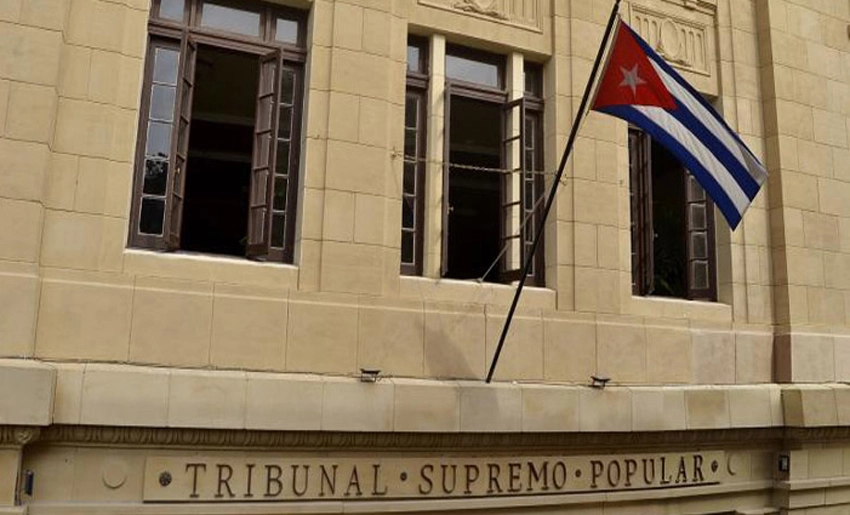The Supreme People’s Court announced that the espionage trial against Alejandro Gil Fernández. Former Deputy Prime Minister and Minister of Economy and Planning, will begin today behind closed doors. In accordance with Law 143 of the Cuban Criminal Procedure Code.
Arnel Medina Cuenca, a Doctor of Juridical Sciences and Vice President of the Cuban Society of Criminal Sciences, explained to the Granma newspaper that espionage constitutes a serious crime against national security. Punishable by ten to thirty years of imprisonment, life imprisonment, or death, according to the current Penal Code.
The specialist pointed out that Article 116 of Law 151 defines espionage as collaboration with foreign intelligence services. Obtaining or delivering secret data, and clandestine infiltration of military or strategic installations.
Medina Cuenca specified that even actions such as taking photographs or possessing maps of military zones without authorization can be punished with two to five years in prison. While the most serious offenses involve handing over information to a foreign state.
Regarding the court’s decision, he indicated that Article 477 of Law 143 establishes that trials must be public. Except in cases where reasons of national security, morality, public order, or respect for victims advise holding them behind closed doors.
The academic emphasized that this restriction is common in espionage cases. Since sensitive information that could compromise the country’s security may be revealed during the proceedings.
He recalled that the Constitution guarantees the presumption of innocence for all accused persons until a final judgment is reached. Also which protects the right to a fair trial and prevents prejudging the defendant.
According to the Attorney General’s Office, in addition to the crime of espionage, accusations were filed for other offenses, which will be tried in subsequent proceedings. Medina Cuenca concluded that Cuban regulations on espionage are in line with international comparative law. With severe sanctions and procedures that balance the protection of national security and the rights of the accused.
With information from CNA
- Challenges of Monetary Stabilization in Cuba - 13 de February de 2026
- Medical Equipment in Holguin Guaranteed to Be in Operation - 12 de February de 2026
- Aid Arrives in Cuba from Mexico - 12 de February de 2026

